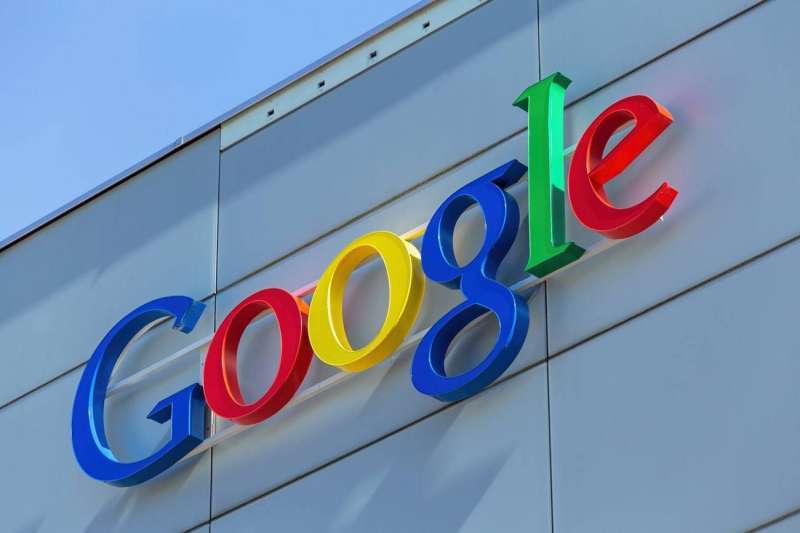The American company “Google” agreed to pay $9.5 million to settle a lawsuit filed by Washington Attorney General Karl Racine, who accused it earlier last year of “deceiving users and violating their privacy.”
“Google leads consumers to believe that they control whether the company collects and maintains information about their location, and how that information is used,” Racine wrote in the lawsuit, which he filed in January 2022. But in reality, consumers who use Google products cannot prevent the company from collecting, storing, and monetizing their sites.
Racine also accused Google of using dark patterns, design choices designed to trick users into doing things that don’t help them.
In this context, Racine explained that Google frequently asks its users to enable location tracking in certain applications, arguing that some features will not work properly for them.
He said he and his team had discovered that location data wasn’t even necessary for the apps involved, and asserted that Google had made it impossible for users to opt out of having their location tracked.
In addition to paying $9.5 million to settle the lawsuit, which was brought by Racine, Google has also agreed to change some of its practices, primarily with regard to how it notifies users about the collection, storage and use of their location data.
Users who currently have certain site settings will receive notifications explaining to them how each setting can be disabled, deleting associated data, and even determining how long Google can keep this information, while users who have set up a new account on Google will be informed of the settings. The account related to the site that is turned on by default, offering them the opportunity to opt out.
Google has also become obligated to customize a “web page” that details location data practices and policies, which provide ways for users to access location settings, as well as details about how each setting affects Google’s collection, retention, or use of location data.
Moreover, Google will be prevented from sharing a person’s precise location data with a third-party advertiser without the user’s express consent, and the company will also need to delete location data that comes from a device or from an activity’s IP address, web and application within 30 days of receiving the information.

